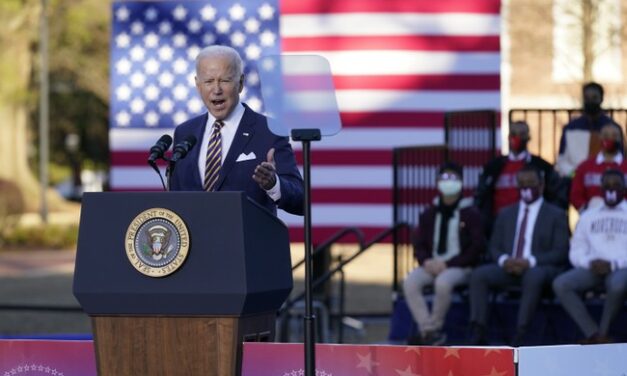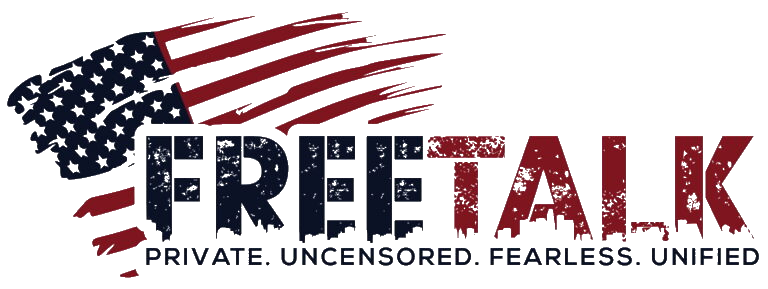Important Announcement
Changes are coming to CauseACTION as we roll out a Suite of Social Media tools dedicated to common sense, Conservative and Independent Americans, and the uncensored content from over 150 Conservative Publishers, Causes, Advocacies, and Nonprofits with live streaming of Top 50 Conservative Radio Talk Shows and Podcasts... all in one place, without ads, or any distractions.
CauseACTION and Constitutionally-grounded web experts from Silicon Valley to New England have come together to deliver to you the "Free American Alliance"... the largest pool of Conservative news, opinion, and both video and audio content (FreeREAD, FreeTALK, FreeWATCH), the FreeSAY social exchange platform, and the only untracked, uncensored search engine with its own independently-owned, Web Index, FreeSEARCH.
If you would like to learn more about FreeSEARCH and a lot more of what really goes on behind the scenes in Silicon Valley, then listen to Rich Lepoutre and Steve Marshall's post DuckDuckGo Debacle here

 Conservative
Conservative  Search
Search Trending
Trending Current News
Current News 





















